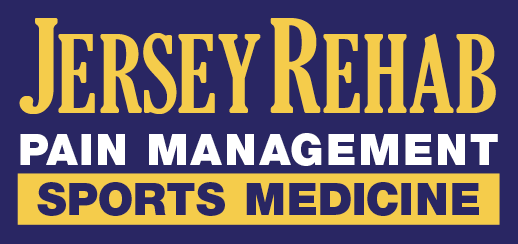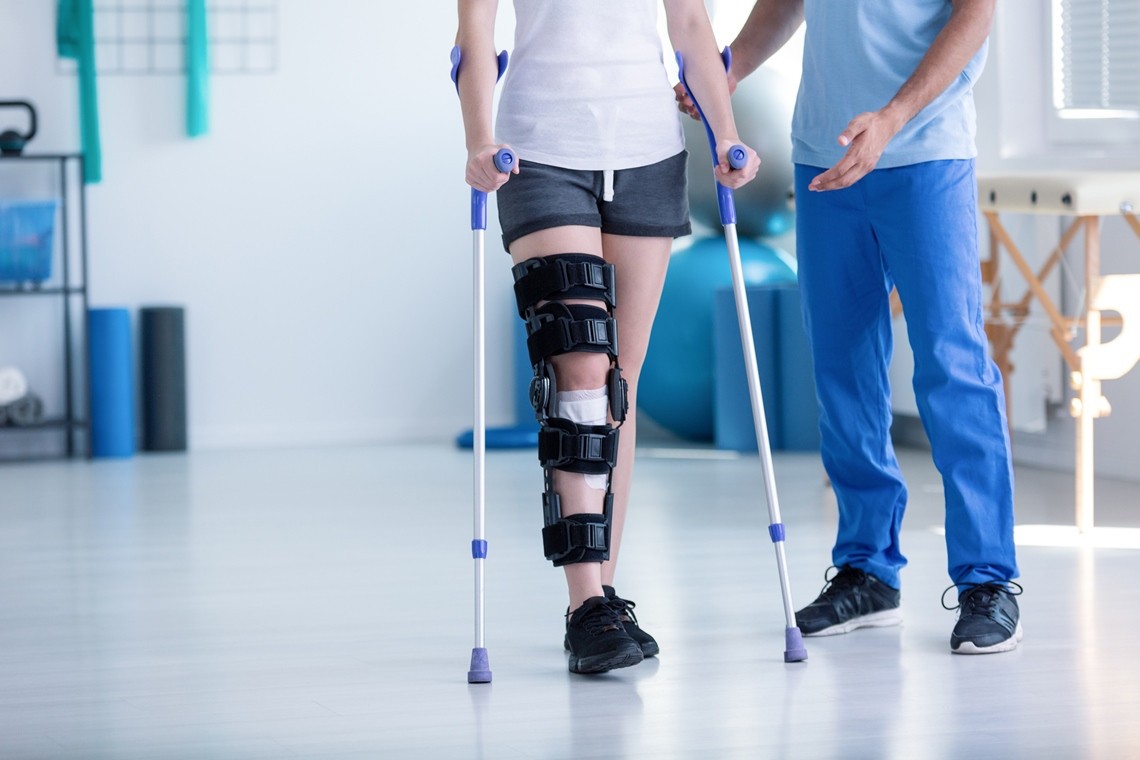Mental Health and Sports Medicine: Addressing the Psychological Aspects of Injury
Participating in sports and physical activities not only benefits our physical health but also plays a significant role in our mental well-being. However, injuries are an unfortunate reality in the world of sports, and they can have profound psychological effects on athletes.
Let’s look closer at the connection between mental health and sports medicine, focusing on how addressing the psychological aspects of injury is as vital as the physical recovery process.
Understanding the Emotional Impact of Injuries
Athletes invest a lot of time and energy into their chosen sport. Therefore, if they end up getting hurt in the middle of their season, they’re understandably going to experience a range of emotions, such as frustration, sadness, anger and even depression. Many athletes fear losing their skills and their place on the team. They may also experience a loss of identity and self-esteem.
It’s important to recognize that emotional reactions to sports injuries are normal. Too often, athletes are afraid to reveal their symptoms, as they don’t want to be viewed as ‘weak’. They may also be accustomed to working through their pain and may not want to show signs of struggle. Unfortunately, not dealing with the psychological aspects of injury can put athletes at risk for depression, anxiety and other mental health problems.
Breaking the Stigma: Mental Health Support in Sports Medicine
Acknowledging and addressing the mental health challenges that come with sports injuries is a crucial step toward breaking the stigma surrounding mental health in the athletic community. Sports organizations, coaches and medical professionals should actively promote mental health awareness and provide resources for athletes to cope with the emotional toll of injuries.
In fact, a strong support system is instrumental in an athlete’s mental health during injury recovery. Coaches, teammates, friends and family members can provide encouragement, understanding and a sense of belonging. Creating an environment where athletes feel safe to express their feelings and concerns can significantly alleviate the psychological burden of injuries.
Promoting a Holistic Approach to Recovery
Sports medicine professionals should also adopt a holistic approach to injury recovery, considering both the physical and mental well-being of the athlete. Integrating mental health support, such as counseling and therapy, into the rehabilitation process can enhance the overall recovery experience and contribute to long-term mental resilience.
Furthermore, it’s important that athletes continue to feel like part of the team. Their injury should not stop them from being an active member. Some of the things athletes can do to maintain their place on the team is to show up to games and practices, mentor younger players and keep score.
Final Thoughts
In the world of sports medicine, it’s crucial to recognize that healing extends beyond the physical body. Addressing the psychological aspects of injuries is not a sign of weakness but a testament to the athlete’s strength and determination. By fostering a culture of mental health awareness and building supportive communities, we can empower athletes to overcome the emotional challenges of injuries. To explore the various treatments we have for athletes, schedule an appointment with Jersey Rehab today.

